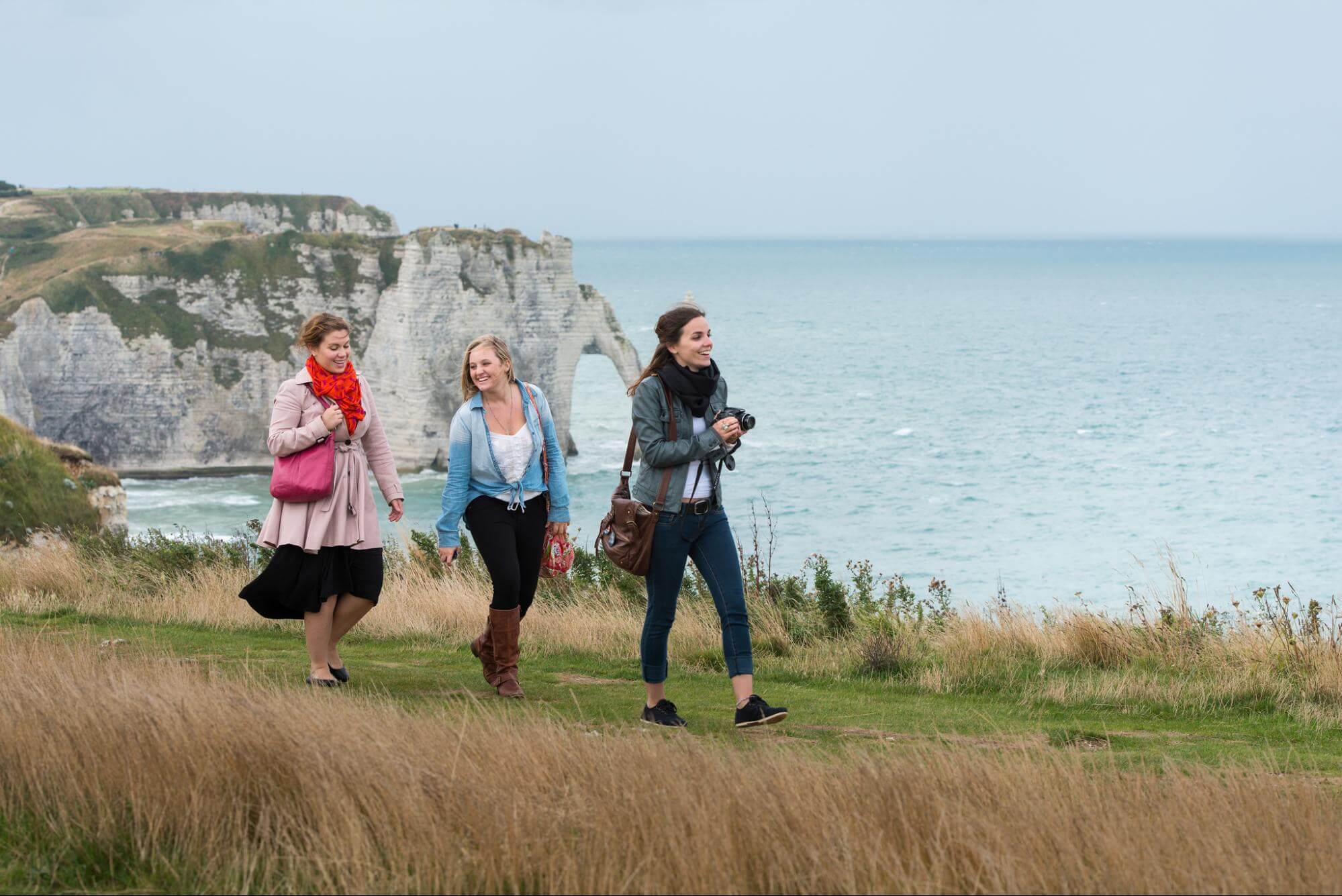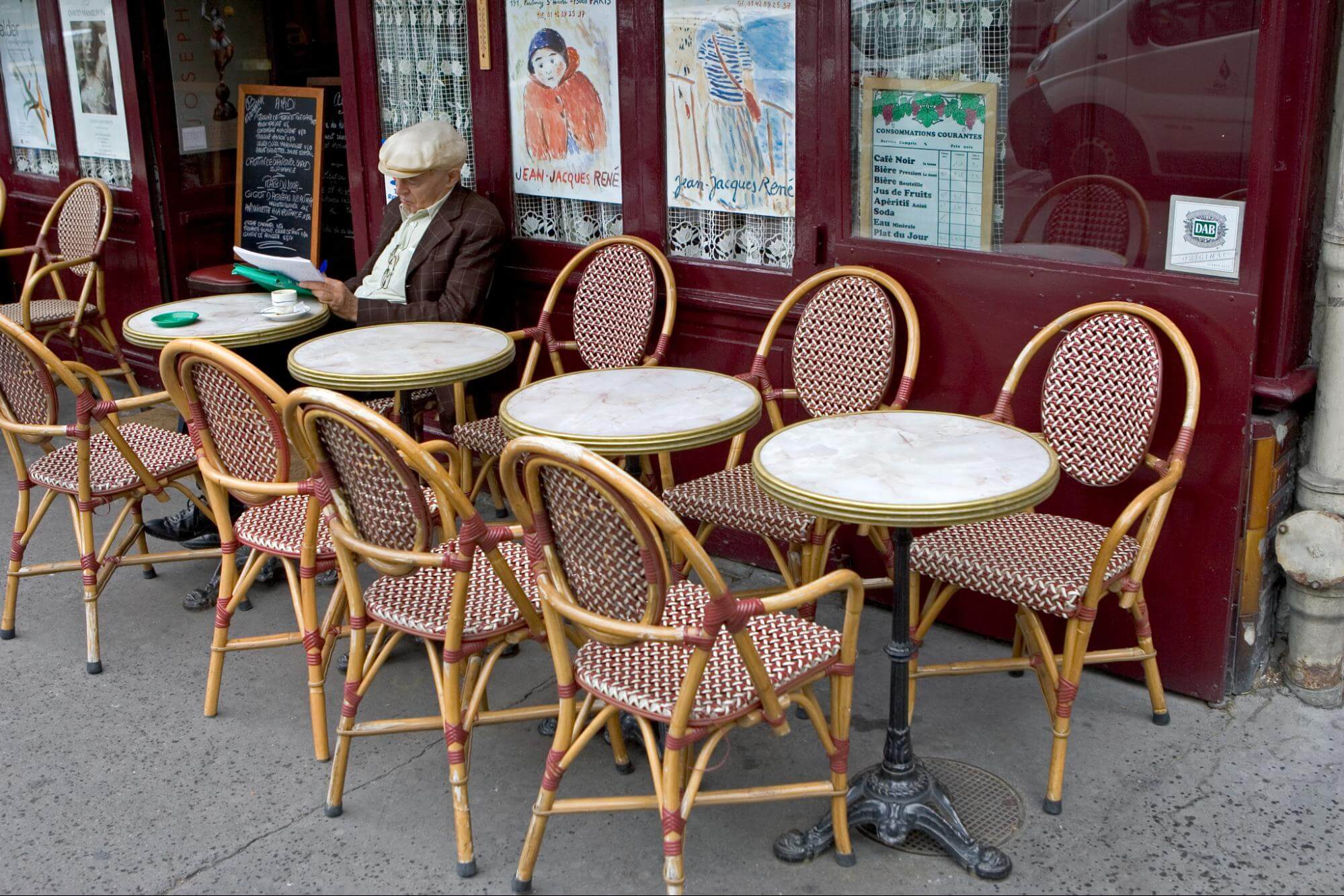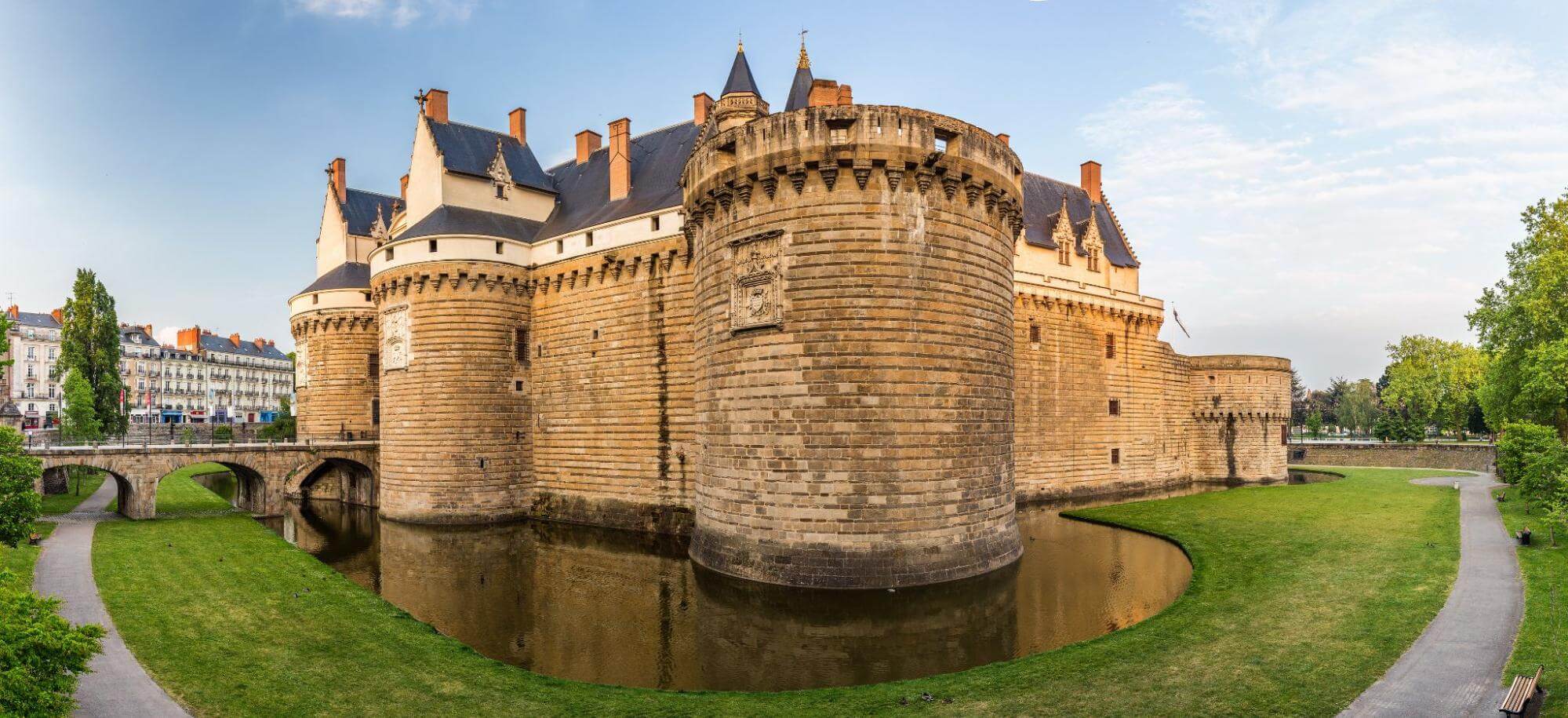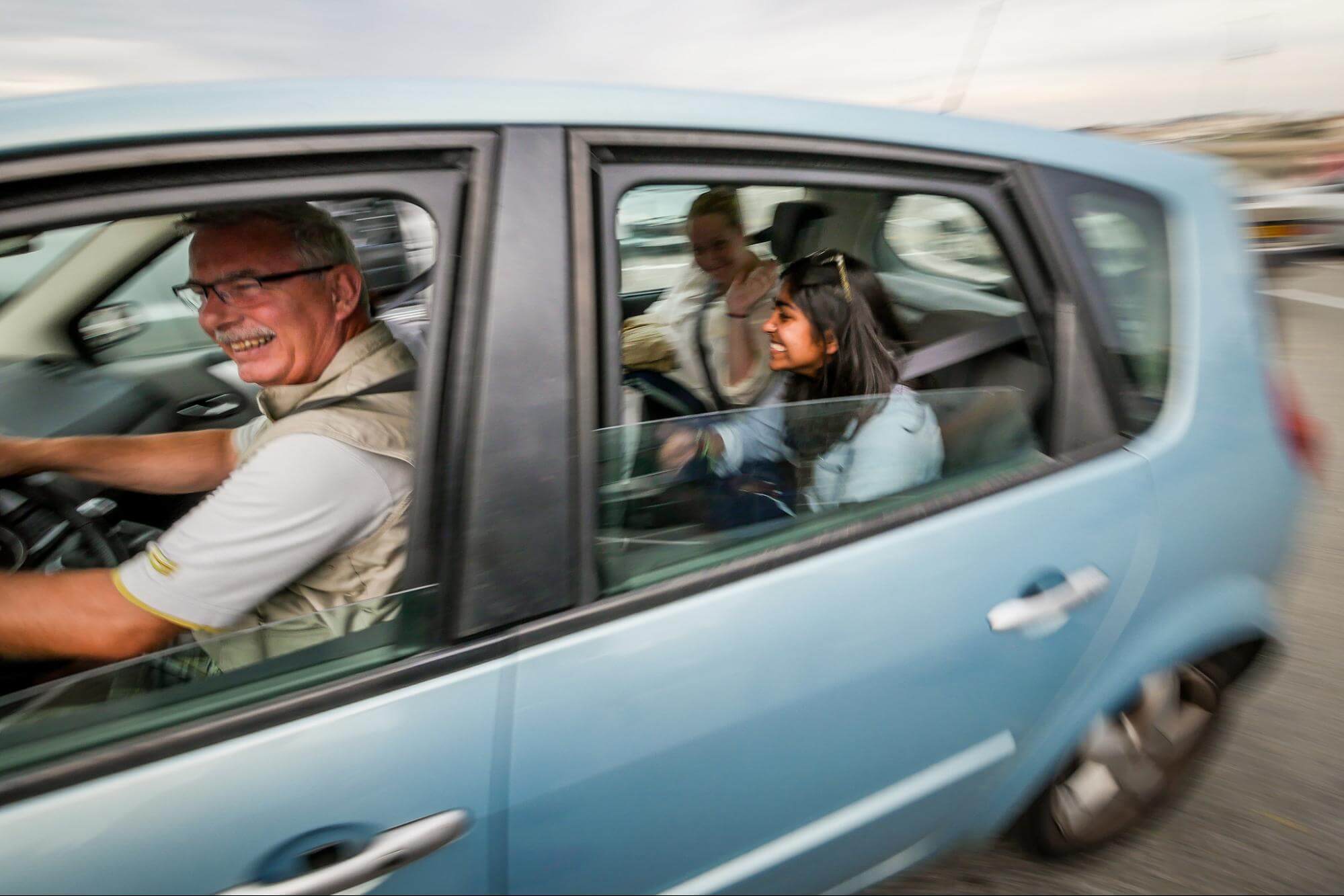Study Abroad Destination
France
Home to artistic giants, revolutionary thinkers, and timeless landmarks.
There’s No Place Like France
France is, in a word, iconic. The food, the art, the je ne sais quoi…the country’s allure is hard to deny. Explore the stunning countryside while tasting locally produced cheese and wine, or venture into the city and come face-to-face with staggering volumes of history and art.

France Overview
Why France?

France’s global reputation as a hub for cuisine, fashion, art, and philosophy is well-earned. But beyond the Eiffel Tower and croissants lies a deeply diverse and multifaceted country. Semester at Sea voyagers discover this for themselves through:
- World-class museums and heritage sites
- Regional diversity in language, culture, and cuisine
- Revolutionary contributions to history and politics
- A dynamic fusion of old-world charm and contemporary innovation
Whether exploring quaint provincial towns or busy metropolitan centers, voyagers experience the many facets of France, each with its own story to tell. SAS-led excursions and expert local guides ensure stress-free adventures on land.
Semester at Sea
France Experience
When voyagers step ashore in France, they’re stepping into a world of discovery. From immersive cultural outings to hands-on workshops with local artisans, each day brings new opportunities to explore, connect, and learn.
Highlights include:
- Thrilling historical reenactments at the Puy du Fou theme park
- Awe-inspiring interactions with the giant mechanical puppets of Les Machines de l’île
- Relaxing strolls through world-famous gardens and cultural heritage sites
- Trying your hand at the art of calligraphy at the Printing Museum of Nantes
- Helping to harvest high-quality Guérande sea salt
Each Semester at Sea stop in France lasts about five or six days, allowing for both depth and variety of experience — but the memories remain long after the voyage ends.

France
Voyager Travel Tips

Travel Tips for our French Port(s) of Call
Every destination and port of call is unique, and each carries its own set of circumstances and expectations for travelers. Our top priority is the health and safety of our voyagers — we want all program participants to be as informed as possible so they can enjoy each port experience to the fullest.
Please be advised that the following tips provide a general overview of travel considerations and are not intended to dissuade voyagers from experiencing this unforgettable destination.
In-port transportation is coordinated by SAS; avoid walking inside the port, where commercial activity may pose safety risks. France’s public transit network is expansive and reliable — taxis, metros, trains, trams, and buses are widely available. In many cities, walking and biking are also popular and safe.
Voyagers should carry their Ship ID at all times. A passport is required when checking into hotels or exchanging money.
France’s climate varies by region. Northern and western areas (e.g., Normandy) have an oceanic climate with cool winters and mild summers. Southern regions (e.g., Provence) enjoy a Mediterranean climate — hot, dry summers and mild winters. Rain is possible year-round, so pack accordingly.
France uses the euro. Tipping is not obligatory, as service charges (“service compris”) are included in most bills, but rounding up or leaving 5–10% for exceptional service is appreciated in restaurants or taxis.
France is generally safe for travelers, though petty crime such as pickpocketing can occur in crowded areas, especially in major tourist zones and on public transit. Be cautious with bags and personal belongings. Avoid political demonstrations and worker strikes, which can happen spontaneously in city centers.
Tap water is safe to drink across France. French cuisine can contain dairy, gluten, and shellfish; those with allergies should review menus carefully and carry translated allergy cards. Pharmacies are abundant and can provide non-prescription medication and advice.
SAS staff can be reached via phone or WhatsApp. To call within France, dial your country’s exit code (U.S. is 011), then France’s country code (+33), followed by the local 10-digit number (omitting the first 0).
All voyagers receive contact information for local police, fire, ambulance, medical emergency services, and the U.S. embassy and consulate.